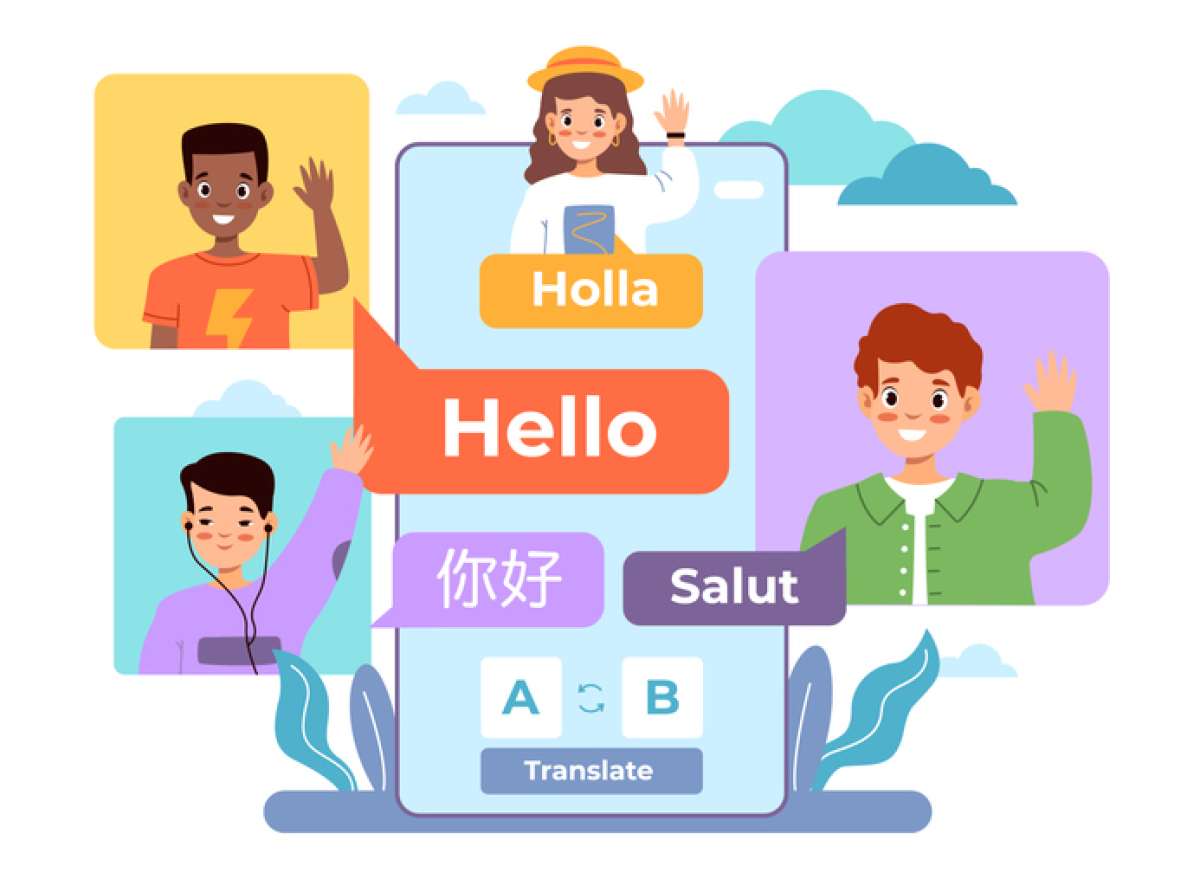Language Learning Apps: Mastering New Languages Anytime sets the stage for this enthralling narrative, offering readers a glimpse into the evolving landscape of language acquisition in our interconnected world. With the rise of technology, these apps have transformed how we approach learning new languages, making it more accessible and engaging than ever before. As we delve into the significance of these tools, we will explore their features, effectiveness, and the various methods they employ to enhance our linguistic skills.
In the ever-evolving landscape of technology, the rise of artificial intelligence (AI) has sparked a profound transformation across various industries. From healthcare to finance, AI is revolutionizing the way we work, live, and interact. This article will delve into the multifaceted implications of AI, exploring its potential benefits, challenges, and the ethical considerations that come with its integration into our daily lives.To begin, let’s examine the transformative power of AI in the healthcare sector.
With the ability to analyze vast amounts of data rapidly, AI has the potential to enhance diagnostic accuracy and streamline treatment processes. For instance, machine learning algorithms can sift through medical records and identify patterns that human practitioners might overlook. This capability can lead to earlier detection of diseases such as cancer, ultimately resulting in better patient outcomes. Furthermore, AI-driven tools are being developed to assist in personalized medicine, tailoring treatments based on an individual’s genetic makeup and lifestyle habits.In addition to diagnostics, AI is also making waves in the realm of drug discovery.
Traditional drug development is often a lengthy and costly process, taking years and billions of dollars to bring a new medication to market. However, AI can significantly expedite this process by predicting how different compounds will interact with the human body. By simulating numerous scenarios, researchers can identify promising candidates much earlier in the research phase, thus shortening the time it takes to develop new treatments and bringing life-saving medications to those in need more swiftly.Moving beyond healthcare, AI is reshaping the financial industry as well.
Automated trading systems powered by AI can analyze market trends and execute trades at lightning speed, providing investors with a competitive edge. Moreover, AI enhances risk assessment and fraud detection, allowing financial institutions to protect themselves and their customers more effectively. Machine learning algorithms can detect unusual patterns in transactions, flagging them for further investigation, which ultimately leads to safer financial practices.However, as we embrace the advancements that AI brings, we must also acknowledge the challenges and concerns that accompany this technology.
One of the primary issues is job displacement. As AI systems become more capable, there is a legitimate fear that many jobs may become obsolete. Industries that rely heavily on repetitive tasks are particularly vulnerable. For instance, manufacturing, retail, and even certain sectors of customer service may see a decline in traditional roles as automation takes over. This necessitates a proactive approach from policymakers, businesses, and educational institutions to reskill and upskill the workforce, ensuring that individuals are equipped to thrive in an AI-driven economy.Another critical concern is the issue of data privacy.
AI systems rely on massive datasets to function effectively, often including sensitive personal information. This raises ethical questions about who has access to this data and how it is being used. Striking a balance between leveraging data for innovation and safeguarding individual privacy is essential. Regulatory frameworks must be developed to ensure that data is handled responsibly and ethically, protecting users while still allowing for technological advancement.Moreover, the ethical implications of AI extend to decision-making processes.

As AI systems increasingly influence critical decisions, such as hiring, lending, and even sentencing in legal contexts, the potential for bias becomes a pressing concern. If the data used to train AI models contains biases, the resulting algorithms may perpetuate and even exacerbate these biases in real-world applications. It is crucial for organizations to implement strategies that promote fairness and transparency in AI systems, ensuring that decisions are made equitably and justly.As we navigate the complexities of AI integration, collaboration between various stakeholders will play a vital role.
Policymakers, technologists, ethicists, and industry leaders must come together to establish guidelines and frameworks that govern the responsible development and deployment of AI technologies. Initiatives that promote interdisciplinary dialogue can foster a deeper understanding of the implications of AI, paving the way for solutions that benefit society as a whole.Education will also be a cornerstone of this transition. As AI continues to reshape the job market, it is imperative that educational institutions adapt their curricula to prepare students for future careers.
Emphasizing skills such as critical thinking, creativity, and emotional intelligence will be essential in a world where AI handles technical tasks. Furthermore, incorporating AI literacy into education will empower individuals to understand and engage with this technology critically, fostering a generation of informed citizens equipped to navigate the digital landscape.Looking ahead, the potential applications of AI seem boundless. In sectors like transportation, self-driving technology promises to revolutionize how we commute, potentially reducing accidents and improving traffic efficiency.
In agriculture, AI can optimize crop yields through precision farming, utilizing data analytics to monitor soil health and weather patterns. The possibilities are vast, and as we continue to explore the capabilities of AI, we must remain vigilant about the ethical considerations and societal impacts that accompany its advancement.In conclusion, artificial intelligence is a double-edged sword; while it offers remarkable opportunities for innovation and efficiency across various sectors, it also raises significant challenges that demand our attention.
By embracing a collaborative approach that prioritizes ethical considerations, data privacy, and workforce reskilling, we can harness the power of AI to create a future that is not only technologically advanced but also equitable and just. As we stand on the cusp of this new technological era, it is our collective responsibility to ensure that AI serves as a force for good, enhancing our lives while safeguarding our values and rights as individuals.


